In making today’s selection, I set out looking for a dramatic view of our planet—perhaps surging storms below. But self-titled “Sun Over Earth” wins the Day for composition, perspective, and sense of being there. NASA […]
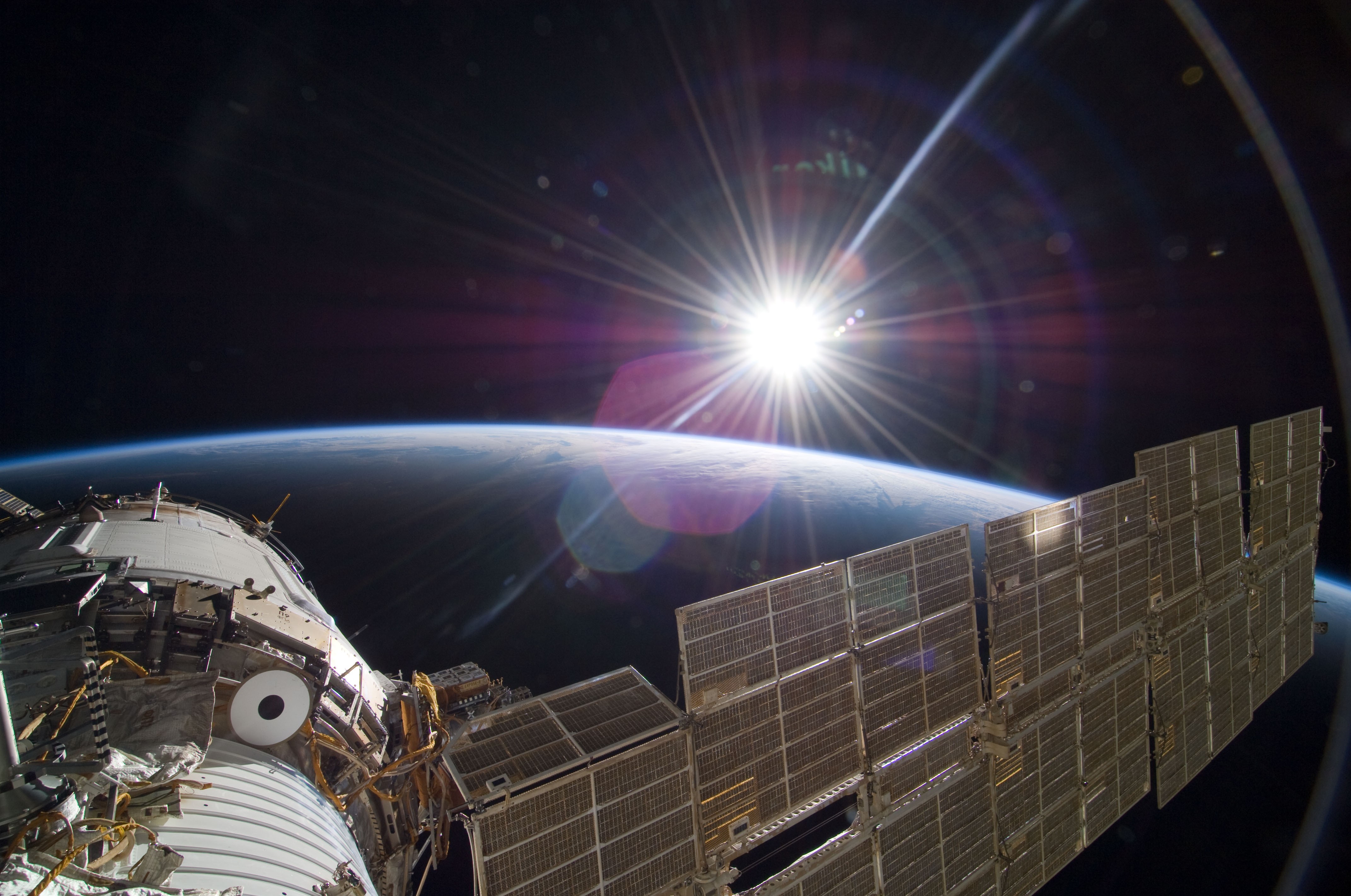

In making today’s selection, I set out looking for a dramatic view of our planet—perhaps surging storms below. But self-titled “Sun Over Earth” wins the Day for composition, perspective, and sense of being there. NASA […]
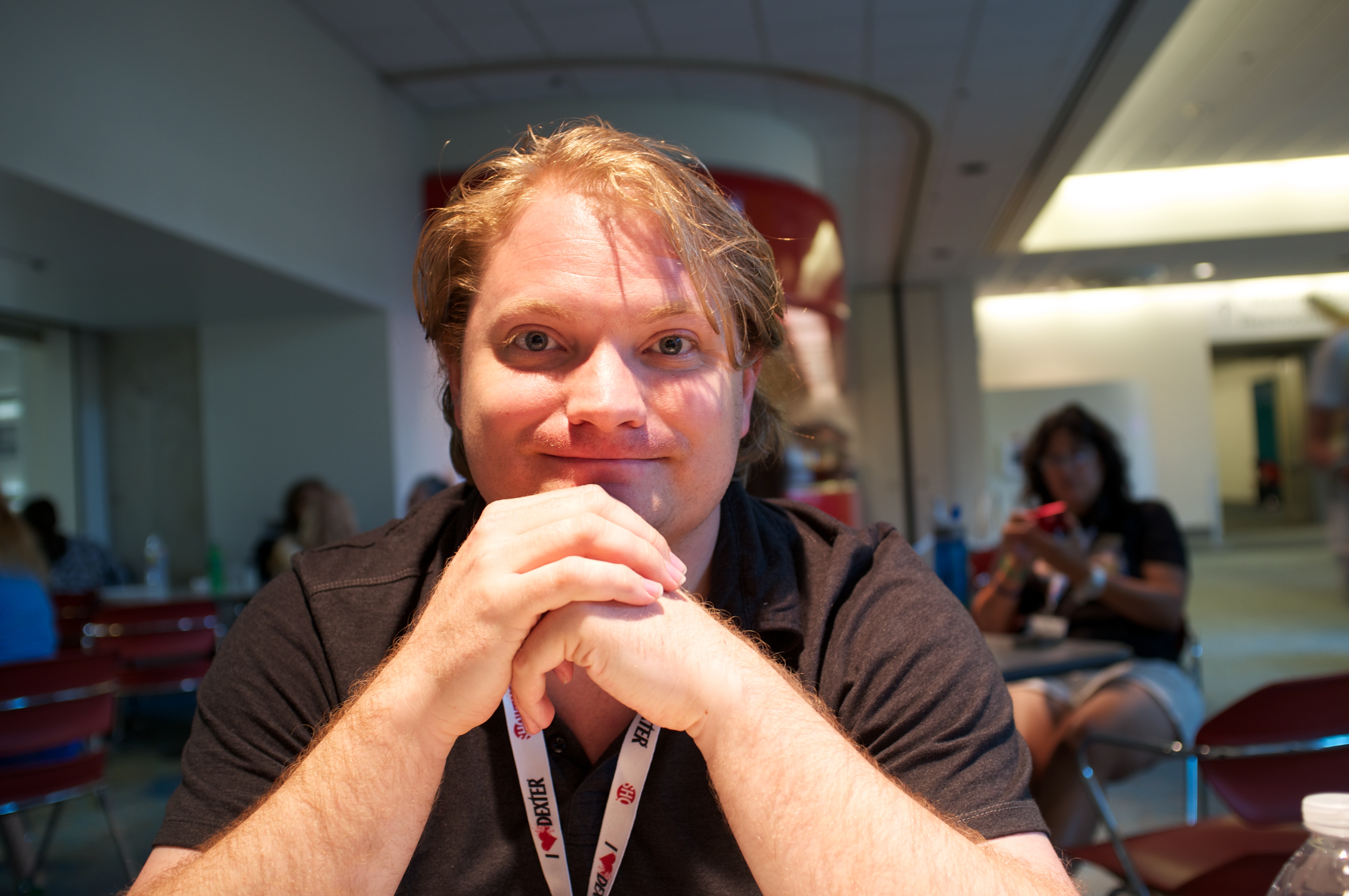
My fourth installment of excerpts from ebook Comic-Con Heroes: The Fans Who Make the Greatest Show on Earth takes an interesting directional shift. So far we’ve met The Dark Knight, Medieval fighter, and twin-brother toy collectors. Would you believe there are people who study toys as a profession? Read on to see.
To recap: I attended San Diego Comic-Con 2013 with intention of profiling one-dozen among the 130,000 attendees. As SDCC 2015 approaches, I am posting 13 installments, after which the book will release into the public domain, on July 8, 2015, when my current commitment for Amazon KDP Select ends.

What do two forts share in common? Kaci Hickox, the 33 year-old healthcare worker from Fort Worth, Texas, taking refuge in Fort Kent, Maine. Surely you know of the so-called Ebola nurse and the legal scuffle about quarantining her. As an Aroostook County native born about 70 kilometers (okay, I rounded up) southeast of FK and having traveled widely across the Lone Star State, I know something about the character of both regions. Think independent-mindedness times two, which equals “Don’t tell me what to do”.
The simple story: She volunteered in Sierra Leone, where the disease rages. She returned to the wrong state, New Jersey, which put her in isolation. She fled to one of the most rural and remote areas of the Northeast. Maine’s governor demanded voluntary quarantine. She defied it. A federal judge ruled against the Gov. News reporters who couldn’t find Fort Kent with a Google Map ruined the autumn tourist trade by filling up the only hotel. We all wait to see if she stays symptom free through November 10. Pass the popcorn. The suspense is thicker than a horror flick.
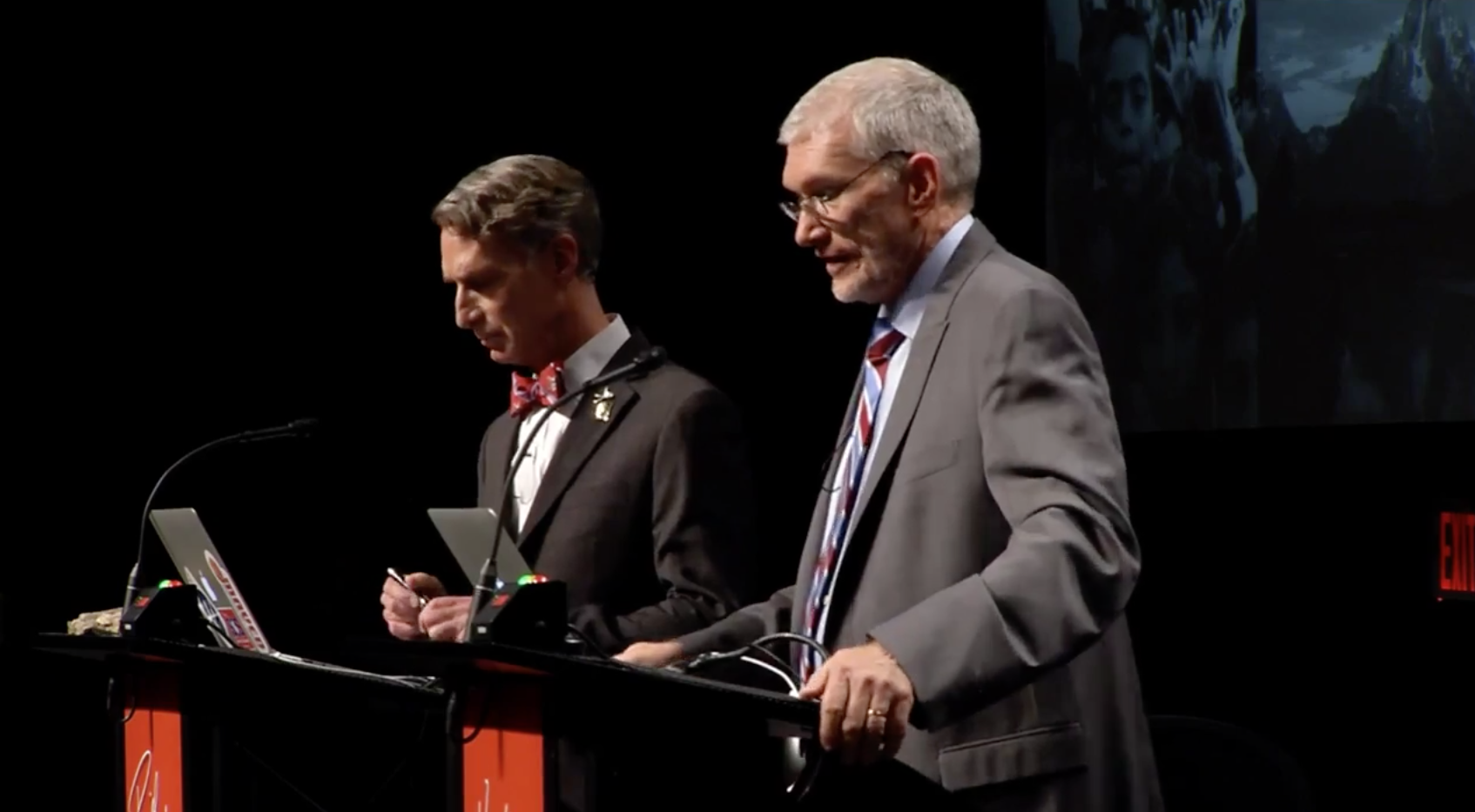
Ten days ago Bill Nye (yeah the Science Guy) debated Christian author Ken Ham about evolution vs creationism. Their live-streamed slugfest is a social media lovehug (for the sharing) and fistfight (for fierce debate). I see posts supporting one or the other, or neither, still several times a day.
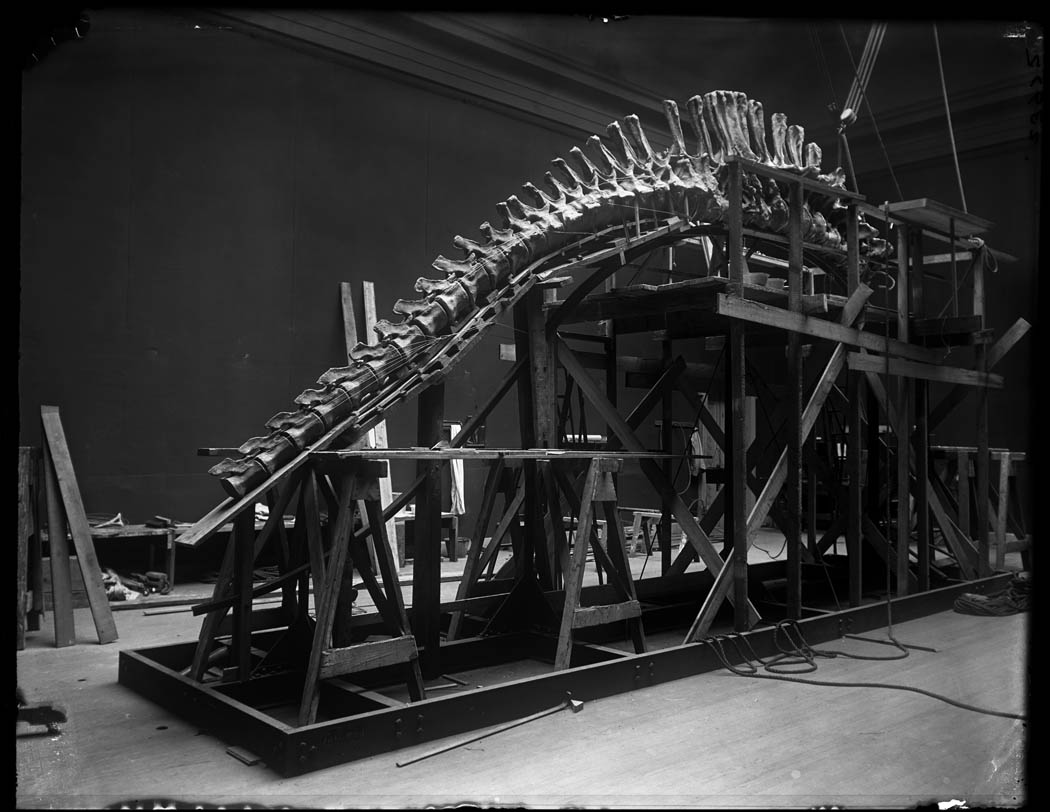
Somebody at the BBC sure knows how to write a story lead: “Charles Darwin may have been wrong when he argued that competition was the major driving force of evolution.” Say what? I always believed Darwin was wrong—not that I’ll here pitch for Creationism. Darwin being wrong doesn’t make his major opponents right.
The Net’s interactivity gives us powerful new tools for finding information, expressing ourselves and conversing with others. It also turns us into lab rats constantly pressing levers to get tiny pellets of social or intellectual […]

There are some things that really go oddly together, like sleep and intelligence. This week I saw several blog posts and tweets referring to Psychology Today article “Intelligence: The Evolution of Night Owls.” That people are talking about the article demonstrates the distressing power of the social Web. The article posted on Nov. 1, 2009, so it’s not exactly new. Matthew Hutson recounts—and without substantive details—a sleep and intelligence study.
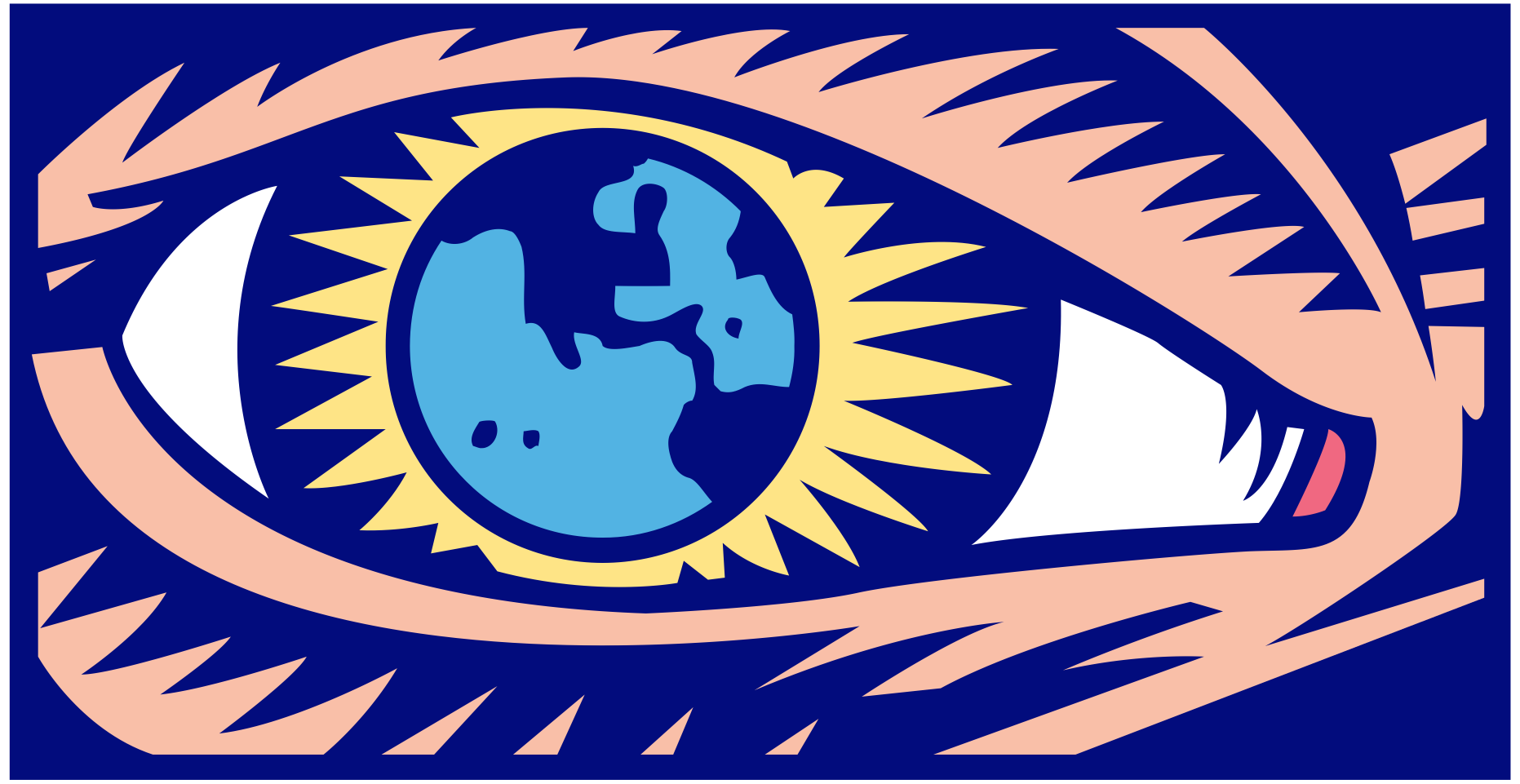
Nicholas Carr’s book, The Shallows: What the Internet is Doing to Our Brains, may be the defining manuscript of the World Wide Web era; so far. I haven’t read the book yet, but I have followed Nicholas’ writings leading up to The Shallows. I get his point, because I’ve experienced it. He merely wraps research around the experience. The point: Interaction with the Web changes how we think, in part by rewiring how we consume information. Attention spans are shorter and tasks like reading a long magazine article or book are harder.
In June 2008, I read a short post by Nicholas linking to his Atlantic story “Is Google Making Us Stupid?”
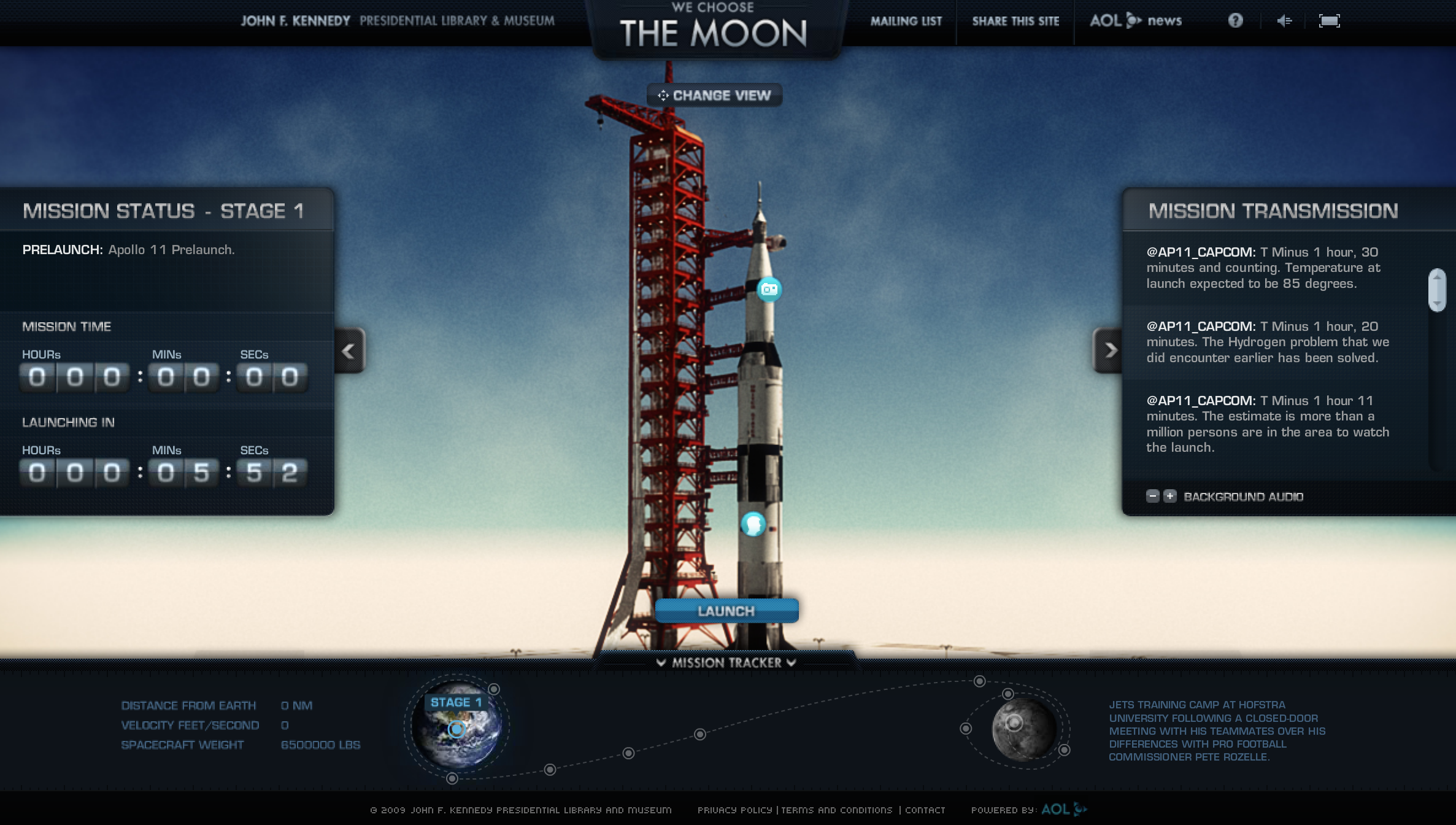
Now this is storytelling and the right way to use social media tools. The John F. Kennedy Presidential Library and Museum is celebrating the 40th anniversary of the first manned Apollo moon landing by essentially rebroadcasting the event. This may go down as the mother of all reruns.

I hear a whole lot of ruckus about global warming and carbon emissions spewed into the air. I have a question for the environmentalists—some of them extremists—pointing fingers of accusation: How much worse off is the planet because of you and your political maneuvering that ended US adoption of fission reactors in the 1970s?
Environmentalist FUD (fear, uncertainty and doubt) about radioactive waste disposal was a major factor halting nuclear power plant construction in the United States. Meanwhile, many electrical facilities resorted to coal and, gasp, oil—fossil fuels that produce carbon dioxide when burned.
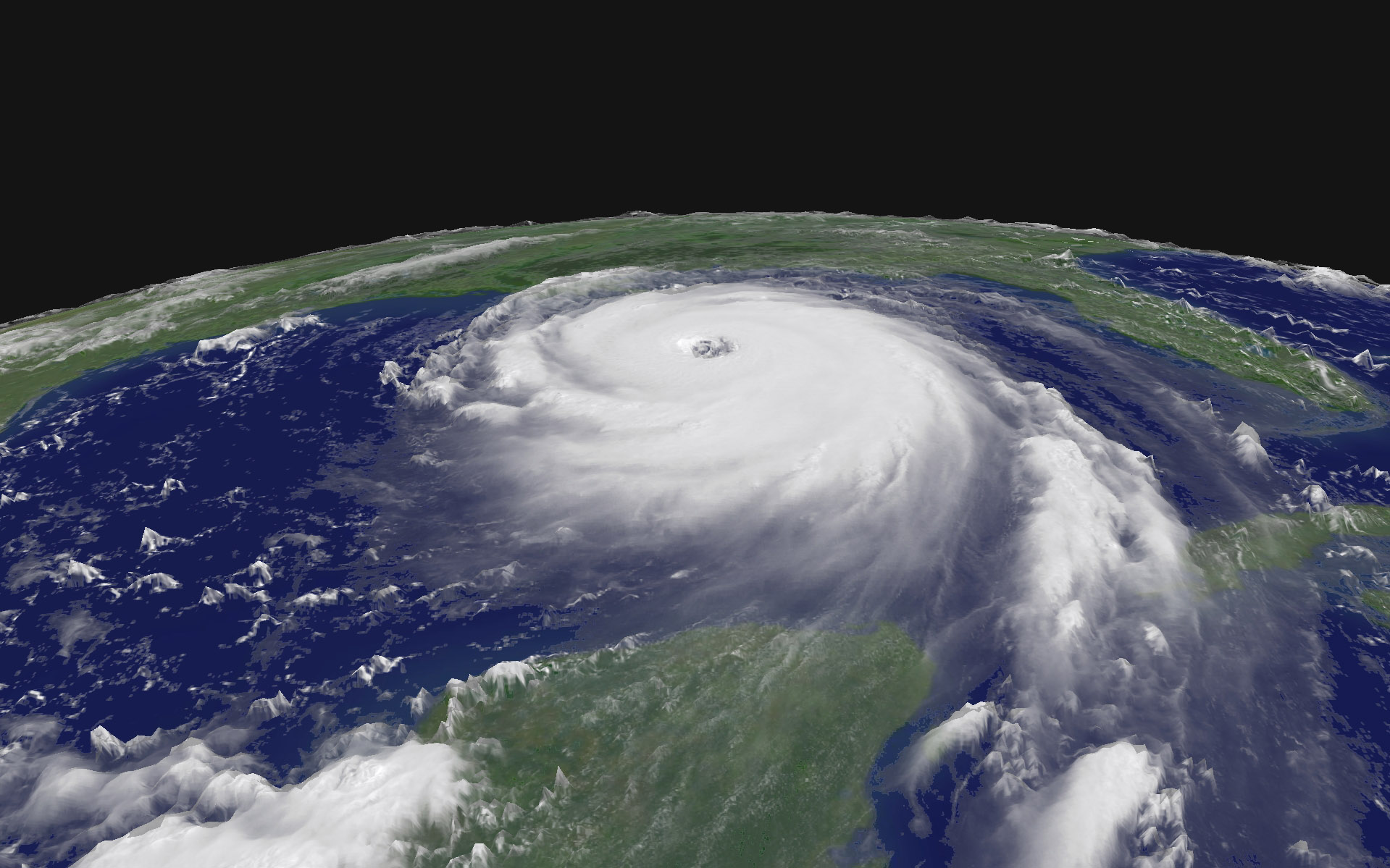
Last week’s Nature—that would be the June 7 issue—blows one hell of a hole in one of the proof points for global warming theory: Increasing number of hurricanes. If I rightly recall, former vice president Al Gore used increasing numbers of seasonal hurricanes in movie “An Inconvenient Truth“.
Good science isn’t about what you know but what you realize that you don’t know. Too many of the proof points for global warming are nothing more than seemingly related observations that probably aren’t as interconnected as they might first seem. Gore and others have attributed warming seas—presumed by-product of global warming—as reason for worsening seasonal hurricane cycles.
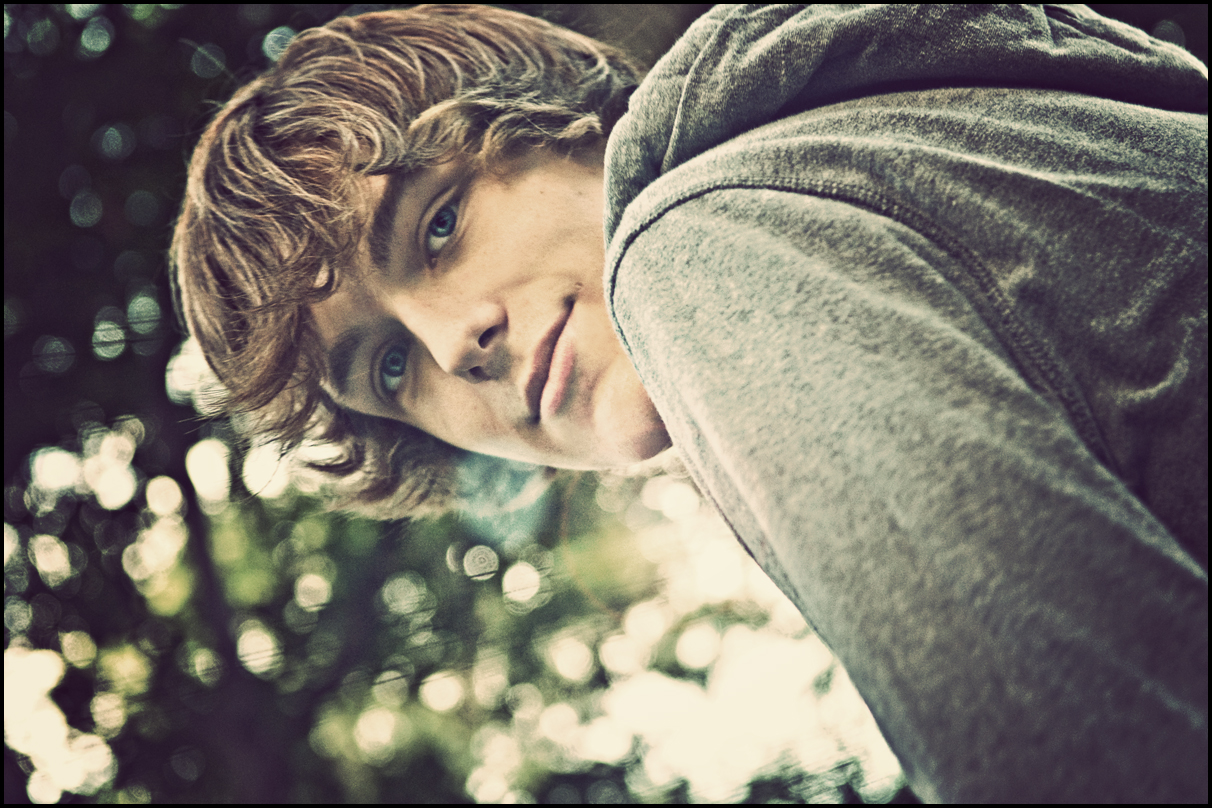
A New Scientist story claims: “Teenagers are more selfish than adults because they use a different part of their brain to make decisions compared to adults, new research suggests”. The UK study used brain scans of 19 adolescents and 11 adults to reach this conclusion. The story quotes Sarah-Jayne Blakemore, who is a University College London cognitive neuroscientist.